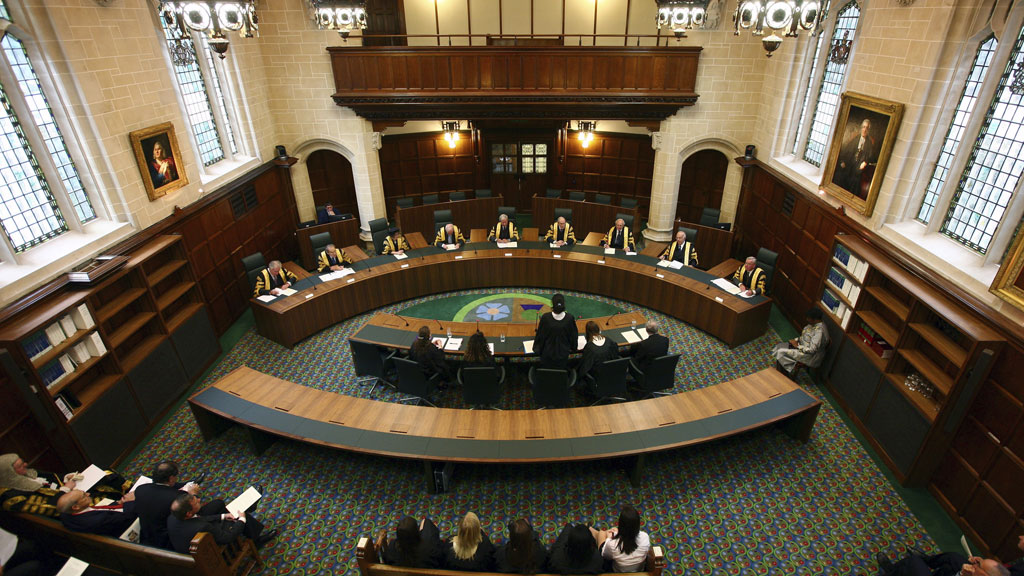UK Criminal Courts
Courts, which deal with petty crimes, that is, less serious ones. In certain circumstances, the court may commit an accused person to the Crown Court for more severe punishment, either by way of a fine or imprisonment. Except in cases of homicide(=killing people), children under 14 and young persons - that is, minors between 14 and 17 years of age - must always be tried summarily(=heard and decided quickly without a jury) by a Youth Court. A Youth Court is a branch of the Magistrates' Court. Indictable offences, that is, more serious ones such as theft, assault, drug dealing, and murder, are reserved for trial in the Crown Court. In almost all criminal cases, the State, in the name of the Crown, prosecutes(=officially accuses) a person alleged(=accused) to have committed a crime. In England and Wales, a jury of twelve people decides whether the defendant(=sued person) is guilty of the crime she or he is charged with(=be formally accused of committing a crime). The Crown Court may hear cases in circuit areas. From the Crown Court, appeal against conviction(=verdict) or sentence(=punishment) lies to the Criminal Division of the Court of Appeal. If leave to appeal is granted by that court, cases may go on appeal to the House of Lords.
